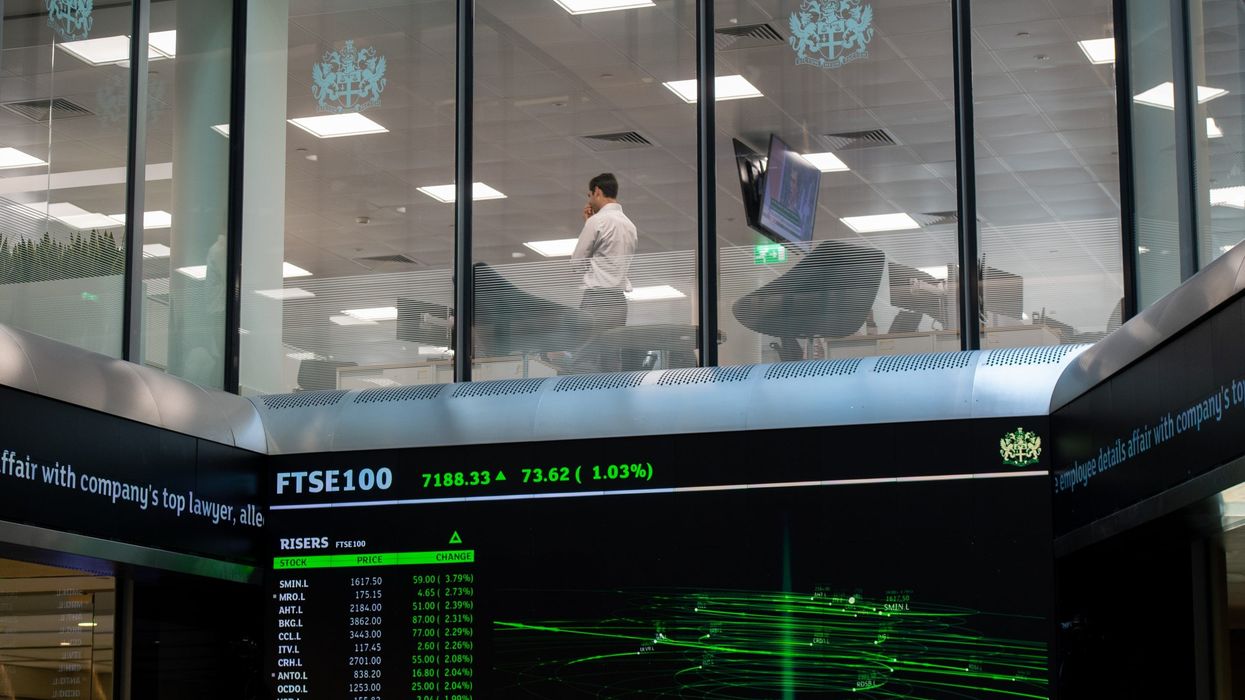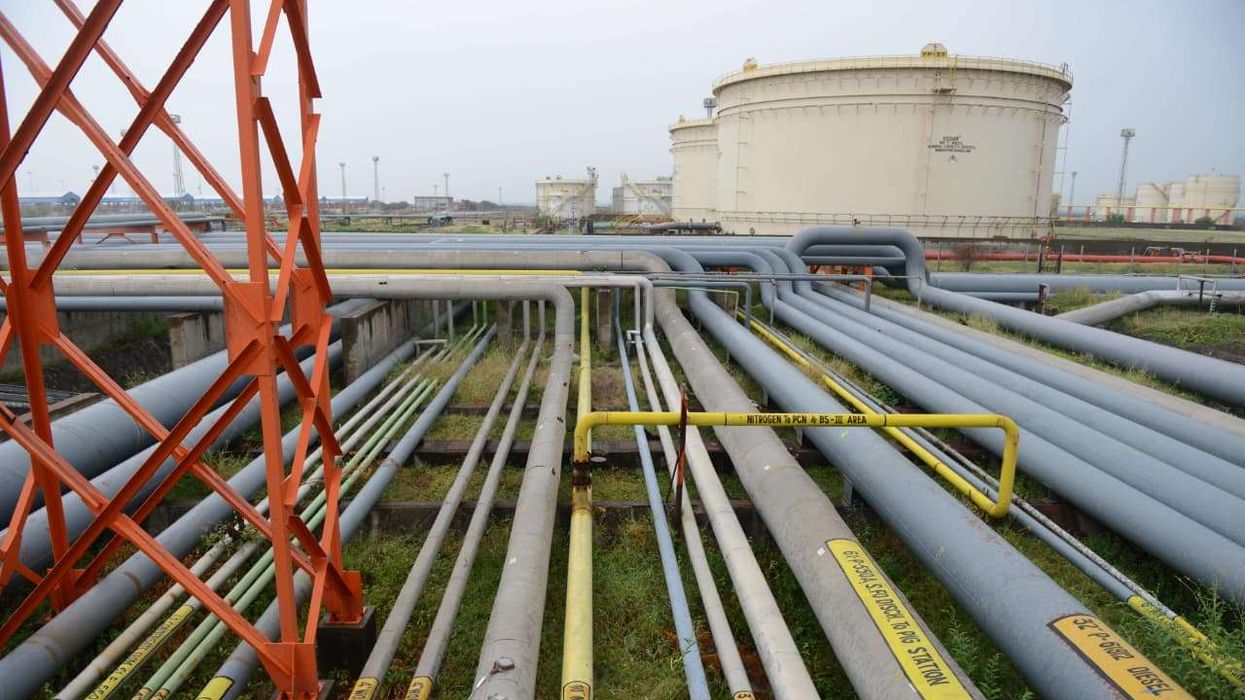OLAM INTERNATIONAL, one of the world’s biggest suppliers of food ingredients, is planning to list on the London Stock Exchange.
The Singapore-based agricultural trading group, said on Friday (13) that it would float its food ingredients division in the UK in the first six months of 2022. The move could send it into the FTSE 100.
“...OFI (Olam Food Ingredients), a global leader in natural and sustainable food ingredient solutions, intends to seek a primary listing on the premium segment of the London Stock Exchange,” Olam said in a statement.
The group is seeking to join the exchange’s premium listing, which requires tighter governance standards, and could achieve a multibillion-pound market value that would make it eligible to join the FTSE 100 index of Britain’s biggest quoted companies.
Olam International was founded in Nigeria in 1989 by Kewalram Chanrai Group, an Indian conglomerate, according to The Times.
OFI was set up in early 2020 following a re-organisation of Olam. OFI is also targeting a secondary listing in Singapore, where its parent company is a member of the stock market.
A Shekhar, chief executive officer of OFI said: “The decision to pursue a stock market listing is a major milestone for OFI and we are looking forward to presenting this exciting opportunity to investors globally through a proposed primary listing in London and a concurrent secondary listing in Singapore.
“The primary listing on the LSE will give us access to London’s large and diverse investor base, with its deep and liquid capital markets, and enable us to benefit from its strong understanding of and research coverage across the food and beverage sector. The concurrent listing in Singapore will also enable us to retain our strong local shareholder base and further tap into growing investor appetite in Asia.”
He added: “Our integrated global network, servicing large, attractive and growing end-use categories within an expanding on-trend ingredients portfolio, makes us a compelling investment for anyone looking to tap into growing global demand for food that is healthier, traceable and sustainable.”













